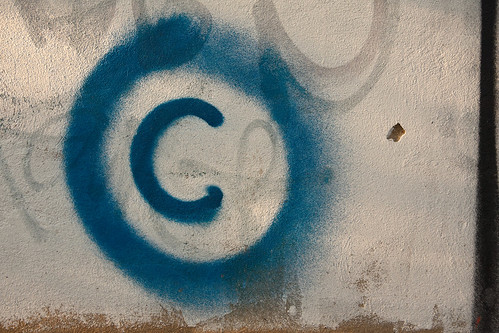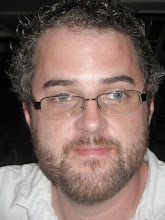
http://flic.kr/p/5ZnqAH
Chapter 5. Leading from Any Chair: We’re all leaders. How can we make a difference in the people will influence each day? How do we listen to those who help us make our dreams become reality?
Listening to those who act in contrast to our dreams, our visions, our passions is one of the most difficult tasks of our human existence. This chapter really helped me to focus on how those voices also contribute to the possibility of seeing our dreams, our visions, our passions become a reality. If we are truly and deeply listening to what could be perceived as attacking, counteractive, negative we can begin to make what we have envisioned the mere starting point of a more evolved possibility.
Chapter 6. Rule Number 6: Don’t take yourself so seriously. Life is a journey–enjoy and learn along the way. Live, laugh, and love!!
Teaching kids is serious business. So often I get lost in that seriousness, forgetting to relish in the passion of teaching. I suspect that my students can sense this to at times. On the one hand I yearn for them to tap into some intrinsic love of life-long learning, and on the other demand seriousness. I guess the key here is not to a take yourself SO seriously. Seriousness is necessary, but shouldn't be the primary driving factor.
Chapter 7. The Way Things Are: Sometimes settling for the way things are is a lowering of expectations, sometimes it’s finding a starting point so that one can make things better. Where are you in this continuum?
I am so about settling for the way things are these days. Working here in the middle east has begged me to keep my head low, not stir the waters, be complacent. There are people at the top here wanting to make radical changes to education, but on the day to day level you have teachers and administrators who want nothing more than a paycheck. Most of them responding only to the most dire of crises. I came here because I wanted to innovate take my knowledge, learn from the knowledge and experience from the culture around me and blend that into something new and evolved, a new way forward for teaching and learning. The complacency of those around me and the fact that I get shunned every time I try to initiate some of what I was hired to do has resulted in a lowering of my expectations. Finding a starting point as the chapter suggests seems nearly impossible to do alone. Maintaining communication with those who seek to maintain their own high expectations and desire for change seems critical for me now.
Chapter 8. Giving Way to Passion: Control says that the only way to avoid disappointment and frustration is to not care at all. No hits, no runs, but most importantly, no errors. What are you doing in your daily life that expresses your passion or the things you are passionate about?
My Facebook wall has been a place for expressing this passion as of late, through posting links to music, art, news, images, etc. I have also been really focused on communicating my passions with my friends and family, since I don't always have a forum for this at work.








